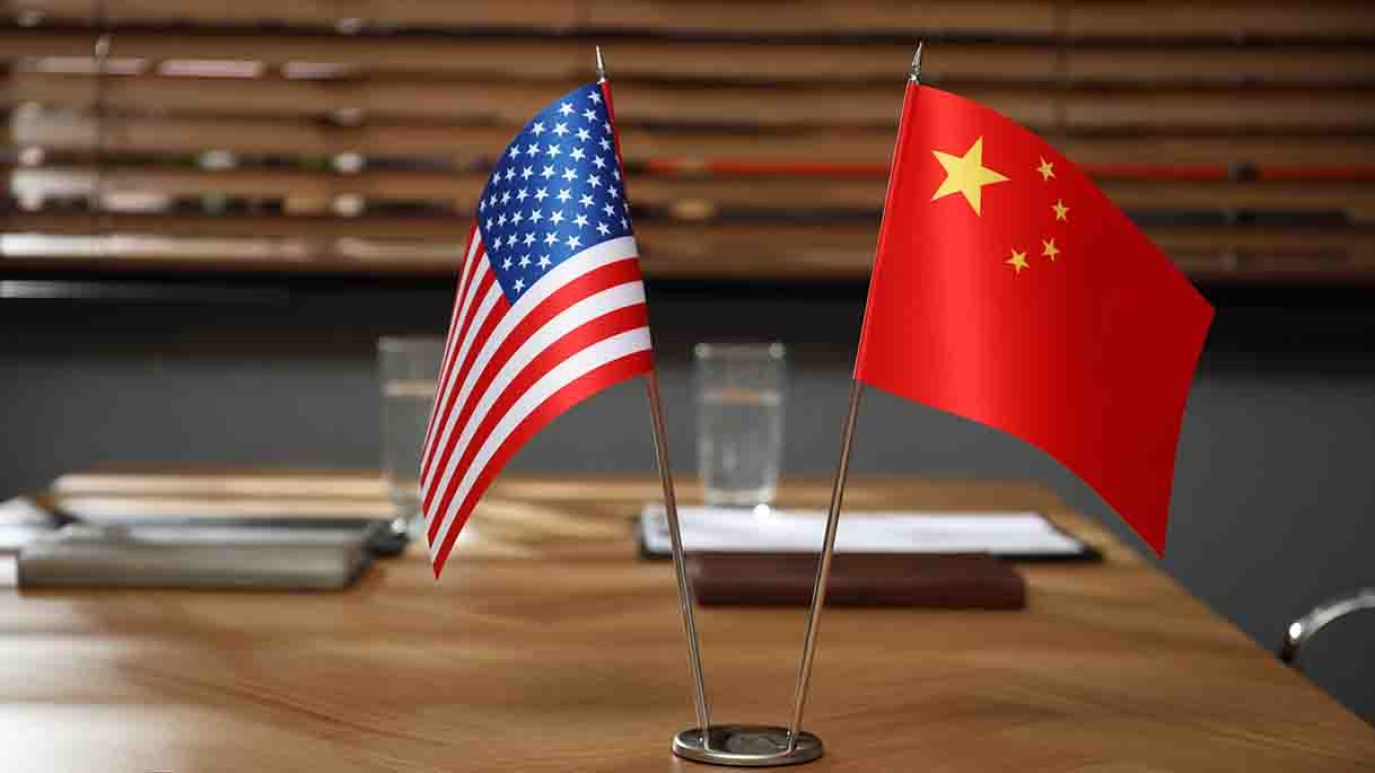US-China economic talks lead to “three important consensuses”

Following a series of high-level bilateral talks in November, notably between US Secretary of Treasury Janet Yellen and Vice Premier of the People’s Republic of China HE Lifeng, and Presidents Joe Biden and Xi Jinping, both countries are making progress in maintaining a working economic relationship.
The foundations for the meeting between President Biden and Xi Jinping at the APEC summit in San Francisco on 15 November had been preceded by extensive talks on 9-10 November between US Treasury Secretary Janet Yellen and Chinese Vice Premier He Lifeng, who said the two sides had reached “three important consensuses”.
Three important consensuses
As the Chinese economy struggles to gain momentum following the pandemic, economic talks between the world’s two largest economies have global implications, which is why the Yellen-He were so significant. The three important consensuses on the bilateral economic relationship were reached:
- Both sides agreed not to seek economic decoupling.
- Joint efforts to address common and global challenges: financial stability and oversight; debt problems for low-income and emerging economies; international financial architecture; IMF quotas and voting rights; multinational development banking reforms; and climate change.
- More communication to manage differences and avoid unintended escalation of friction. In addition to a direct line of communication between Yellen and he, the two sides decided to set up a US-China Economic and Financial Working Group led by officials at the deputy-ministerial level.
Notably, Yellen said, “We do not seek to decouple our economy from China’s. This would be damaging to both the US and China and destabilizing for the world. But a healthy economic relationship requires American workers and firms to be treated fairly. I raised concerns about the breadth and depth of the PRC’s non-market policies and practices and their global spillovers. These are concerns that I hear frequently from US businesses.”
China’s crackdown on US advisory firms
Yellen was referring in the aforementioned point to China’s clampdown on US consultancy and advisory firms – such as Mintz Group and Bain and Company – which is scaring foreign investors off from China. For example, on 10 August the world’s largest law firm Dentons, which operates from London and Washington, said that it would be separating from its Chinese partner Beijing Dacheng Law Offices as a result of changes to data privacy, tighter counter-espionage laws, cyber security, and governance rules.
In addition, concerns over China’s vague definition of what constitutes a ‘national security’ risk are raising uncertainty and reducing investor confidence for US firms and foreign investors operating in country.
Conversely, Chinese investments in the US plunged from $48 billion in 2016 to $2.4 billion in 2022, according to November study by the Rhodium Group. Among the Chinese investors in the US that the China General Chamber of Commerce surveyed for its annual report, 81% indicated that US-China strategic competition is the leading challenge for Chinese investment.
China’s economy continues to struggle: Pamir advice
On 3 November, China’s State Administration of Foreign Exchange (SAFE) reported that China’s foreign reserves totaled $3.12 trillion at the end of September, down $45 billion from August. China’s Ministry of Commerce also reported that overall FDI was down 8.4% year-on-year in the first nine months of 2023.
Pamir attributes the decline of FDI, capital flight, and foreign business withdrawal to four main reasons:
- The deteriorating business environment for foreign businesses and the decline in confidence in China’s economic prospects.
- The impact of de-risking from China by Western countries amid growing geopolitical tensions.
- Depreciated RMB and the widening gap between Chinese and US bank yields. The RMB has dropped more than 5.5% against the dollar at of the end of October. In September, the average one-year CD interest rate in China was 1.988%.
- Poor performance of China’s stock markets.
Interestingly, 289 Fortune 500 companies attended the 6th China International Import
Expo held 5-10 November in Shanghai – representing the largest foreign delegate at the conference out of 3,486 companies. The Expo’s organizer reported $78.41 billion in tentative deals for products and services between the US and China, with US companies still seemingly attracted to the Chinese market, despite being wary.
Despite US-China rhetorical consensus on mitigating decoupling, Pamir expects most US companies will likely continue to fortify and diversify supply chain resilience until China’s treatment of foreign firms improves.
Pamir anticipates that investor jitters, capital flight, and geopolitical uncertainty suggest that investment diversification will prevail as a sensible hedge. Progress in improving relations still contends with Chinese anti-US rhetoric, a raft of potentially intrusive Chinese laws, and a US legislative agenda that promises to impose additional restrictions and sanctions.
China’s 5G influence in developing economies
China’s Belt and Road Initiative and its digital counterpart, the Digital Silk Road, threaten to displace US telecom and tech companies in developing economies in Africa, Latin America and the Middle East. How can US operators and network providers stand up to the challenge?